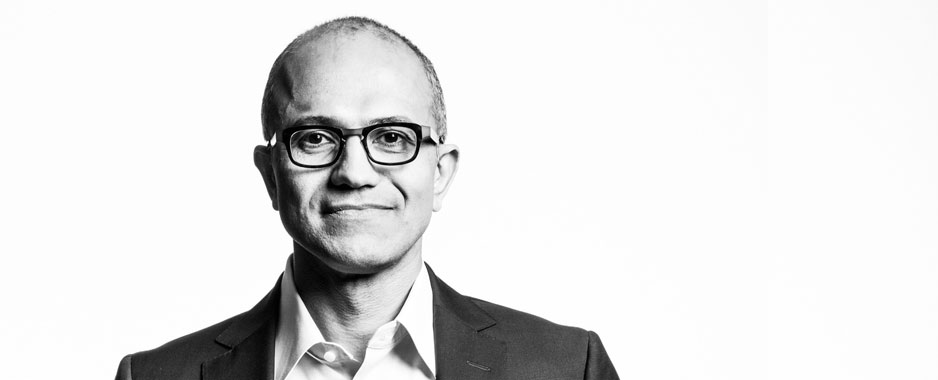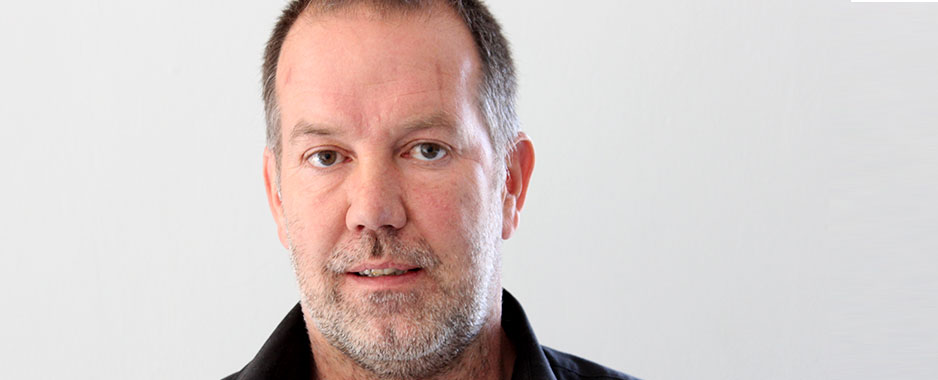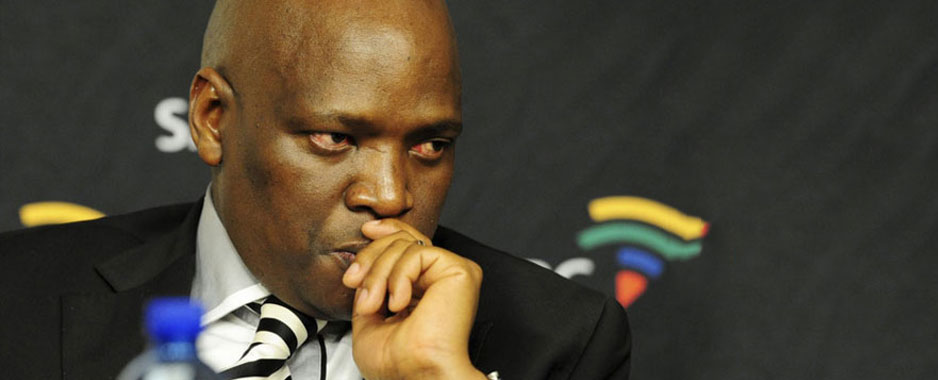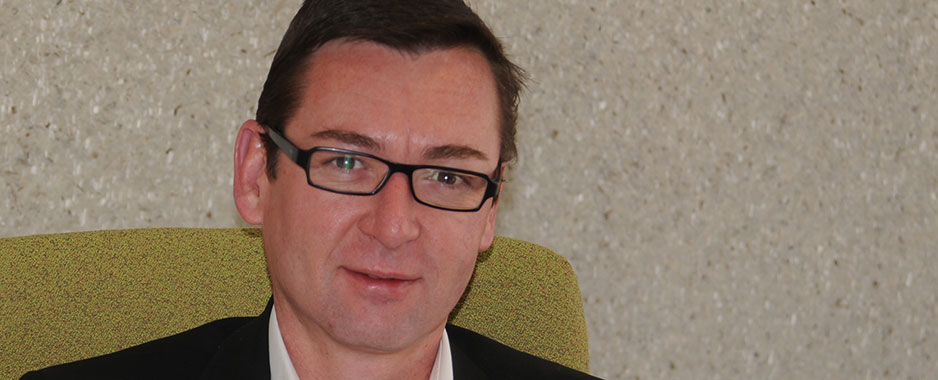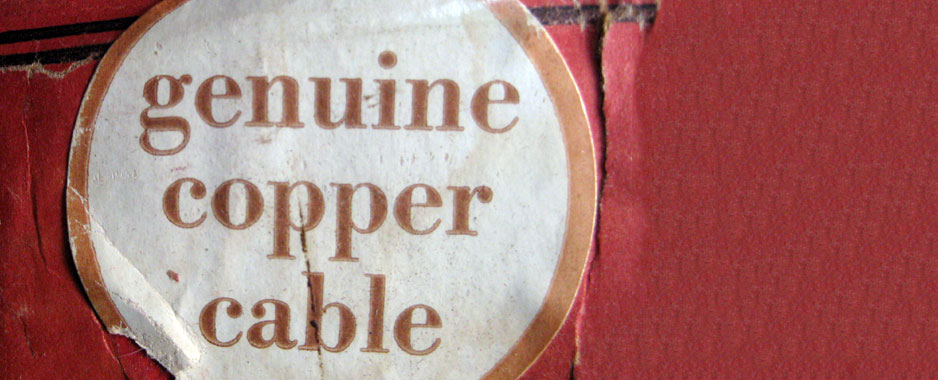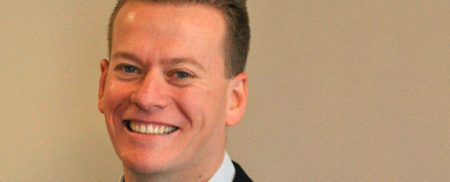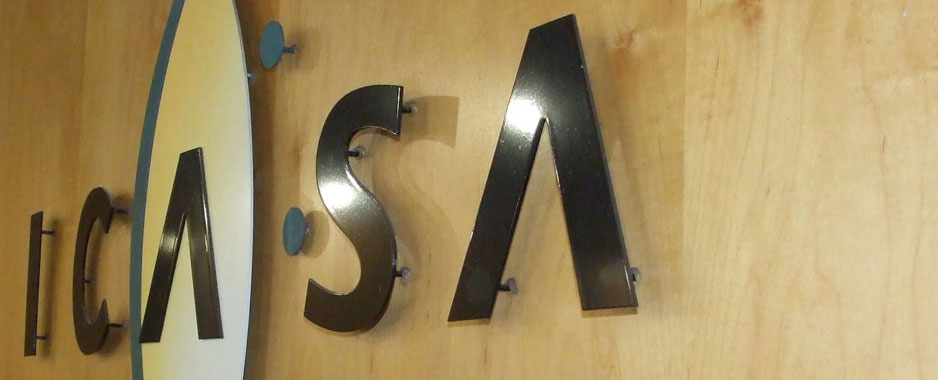The saga of Hlaudi Motsoeneng’s appointment as the permanent chief operating officer of the SABC, after an unacceptably long and controversial tenure acting in the same position, has united South African political parties — including the ANC — in ways no issue has in recent times. A broad range of the public and organisations
Browsing: In-depth
The pain, it seems, is not over for former Nokia workers as their new employer, Microsoft, prepares to cut its workforce by a massive 18 000. Microsoft has not announced where all of these cuts will come from, but
Pretoria-based Desert Wolf made international headlines last month after it emerged that it had developed a drone capable of showering pepper spray on rioting crowds and claiming the technology could be used in “preventing another Marikana”, in reference to the violent protest in August 2012 where 34
The current debate over the right to be forgotten, spurred by a European Union ruling that allows people to stop certain Web pages from appearing in search results, is proof – if further proof was required – of the distinct form of public life that is being created by the Internet. Our digital identities are shaped by how
Mobile phones have become such an important part of our daily lives that they’ve started adopting our microorganisms, according to research published recently in PeerJ. James Meadow and colleagues from University of Oregon used DNA sequencing to compare bacteria living on
The magnitude of Hlaudi Motsoeneng’s power was revealed this week when cabinet was apparently told that his permanent appointment as SABC chief operating officer was not up for discussion. The Mail & Guardian was reliably told – by sources in government and the tripartite alliance – that a minister
Zapper, a locally developed smartphone application that facilitates secure smartphone payments, has been launched in South Africa after the company behind it decided to explore international markets first. The app has already been launched in the UK, Australia, France, Spain, Belgium, the Netherlands
Bell Labs, the research and development arm of Alcatel-Lucent, announced this week that it has developed a prototype technology, called XG-Fast, which it used to transmit speeds of up to 10Gbit/s over traditional copper phone lines. The technology, which is expected to be launched commercially
Capital Eye Investments, the company that emerged out of what was left of JSE-listed UCS Group after Business Connexion acquired its services businesses four years ago, plans to launch a private equity fund to invest in start-ups and established technology businesses. Capital Eye
Icasa has become a “political football”, according to the Democratic Alliance. Just weeks after it seemed certain that the communications regulator would report into the department of telecommunications and postal services, communications minister Faith Muthambi has told parliament that it



